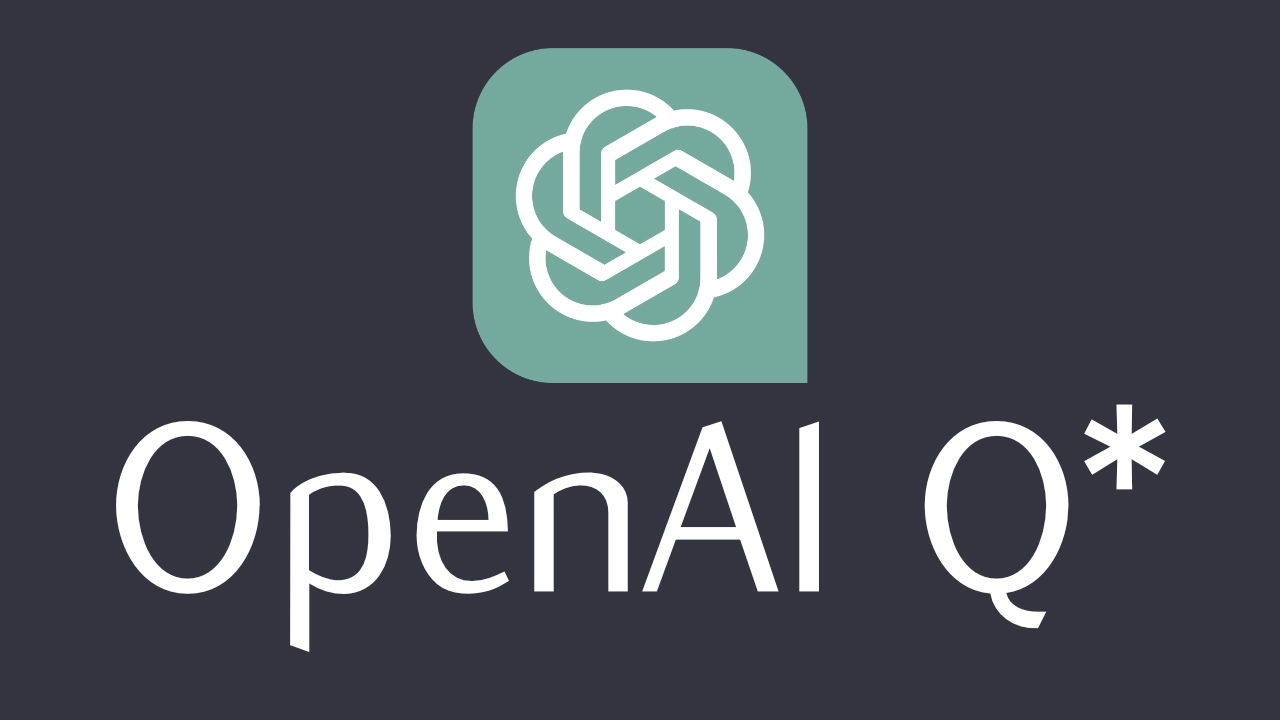
This guide provides more information on the potential implications of a new algorithm called Q* (Qstar) developed by OpenAI, which may represent a significant advancement in artificial intelligence (AI), particularly in the field of mathematical reasoning. In the ever-evolving world of artificial intelligence (AI), we are witnessing a significant leap forward with the introduction of OpenAI’s Q* algorithm.
This new development is shaking up the AI landscape by enhancing the way AI systems understand and solve complex mathematical problems. The Q* algorithm is not just another incremental step; it’s a major stride that could potentially alter the intellectual capabilities of AI, opening up new possibilities across various scientific and technological domains.
What is OpenAI Qstar?
At the core of the Q* algorithm is a process supervision mechanism that significantly improves AI’s comprehension of numerical concepts. This breakthrough is akin to giving AI the mathematical intuition of a highly educated individual, which is a big deal for fields that rely heavily on complex calculations, such as physics and engineering. Imagine AI systems that can navigate through the most challenging equations and theories, aiding in groundbreaking discoveries and innovations.
The roots of the Q* algorithm can be traced to the work of researchers who have excelled in reinforcement learning and the development of AI networks that master games. This algorithm learns by engaging with mathematical problems, refining its approach to problem-solving in a manner similar to how AI mastered board games like chess and Go. This approach is now being adapted to the abstract realm of mathematics, showcasing the algorithm’s versatility.
OpenAI Qstar algorithm
What makes the Q* algorithm particularly powerful is its combination of Q-learning with advanced pathfinding techniques. This unique blend allows the AI to navigate through the complexities of mathematical problems, identifying the most efficient routes to solutions. Q-learning contributes to the AI’s improved decision-making by assessing the potential rewards of different actions, while the pathfinding aspect ensures that the AI can find the best way forward.
One area where the Q* algorithm’s enhanced mathematical abilities could have a significant impact is cryptography. With these new skills, AI could analyze cryptographic algorithms in unprecedented depth, potentially exposing vulnerabilities in current encryption methods. There are even rumors about the Qstars AI model’s ability to decrypt complex ciphertexts using novel mathematical strategies, which could revolutionize the field of cryptography.
Qstar in more depth
Here are some other articles you may find of interest on the subject of OpenAI and its AI models:
The advancements represented by the Q* algorithm have fueled discussions about the potential for achieving Artificial General Intelligence (AGI). AGI refers to an AI that can comprehend, learn, and apply knowledge across a broad spectrum of disciplines, much like a human being. The realization of AGI would be a monumental event, with implications that would ripple through society and the entire tech landscape.
Adding to the excitement is the buzz around AI’s capabilities for metacognition and cross-domain learning. The idea of an AI that can reflect on its own thought processes and apply knowledge from one domain to another is a significant step toward mimicking the complex nature of human thought. This could lead to AI systems that are not only highly intelligent but also possess a form of self-awareness and adaptability.
However, with great power comes great responsibility. The development of such advanced technologies underscores the need for transparency and ethical governance in AI organizations. The sudden departure of Sam Altman from OpenAI’s board and the warnings from researchers about the existential risks posed by AI emphasize the importance of responsible management and open communication in the AI sector.
The Q* algorithm is indeed a pivotal innovation in the field of AI, particularly in the realm of mathematical reasoning. As we observe the growth and impact of this technology, it is essential to maintain a commitment to transparency and ethical practices. The AI community must navigate this journey with care, ensuring that the benefits of AI are harnessed to their fullest while diligently addressing any potential risks. Learn moreover on the Reuters website.
Filed Under: Technology News, Top News
Latest timeswonderful Deals
Disclosure: Some of our articles include affiliate links. If you buy something through one of these links, timeswonderful may earn an affiliate commission. Learn about our Disclosure Policy.
